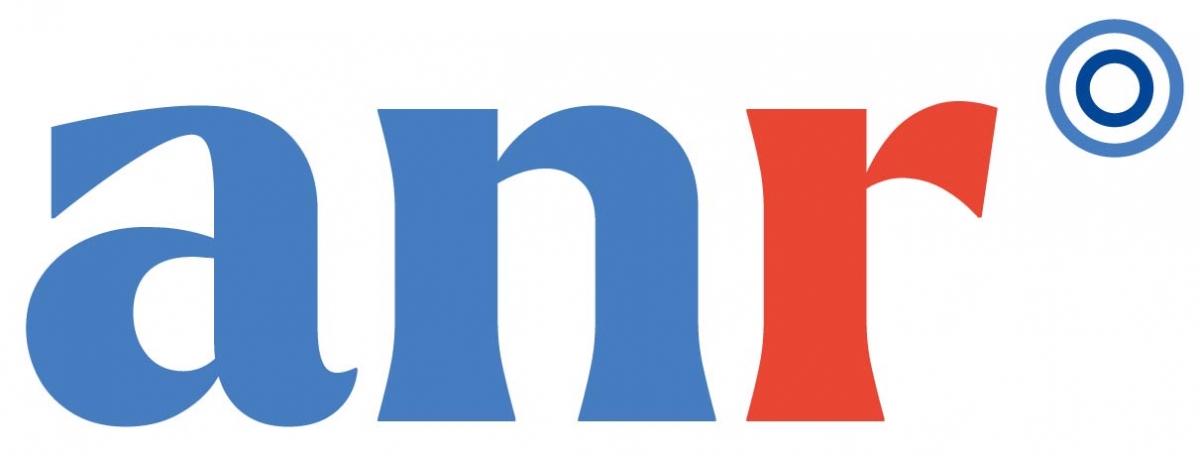Crise des migrants et des réfugiés en Europe – PACE
La crise des migrants et des réfugiés a focalisé l’attention de la recherche sur les politiques migratoires de l’Union européenne, révélant leurs impasses et l’échec de la collaboration entre Etats pour « gérer la crise ». Le rôle des acteurs non étatiques dans la crise est en revanche bien moins connu. PACE comble ce manque en regardant le cadrage et les réactions à la crise au-dessus et en deçà de l’Etat et de l’Union européenne. Le projet vise à décrire la manière dont des acteurs non étatiques contribuent à la construction politique de la crise. Il s’agira aussi d’expliquer la façon dont la crise influence leurs perceptions, leurs tactiques et génère des transformations organisationnelles en réponse aux politiques de gestion de la « crise » déployées par les Etats.

Axe 1 : Interpréter les crises [Revisiting crises: comparative perspectives on the framing and organisational dynamics of migration and asylum crises]
Axe 2 : S'approprier la crise [Whose crisis? Transnational contestation of European policies in Europe and beyond]
Les publications
- Cantat, C., Pécoud, A., & Thiollet, H. (2023). Migration as Crisis. American Behavioral Scientist.
Over the past decades, and across different contexts worldwide, migration has become inseparable from a narrative of crisis. This article analyses the connection between migration and crisis. It proposes a migration as crisis framework, designed to understand and analyze the emergence of this specific perception of migration, on the basis of an interplay between social “subjective” constructions of reality and “objective” migration dynamics. Migration as crisis rests upon a fragmented, changing, and contested assemblage of events, representations, and practices, which in turn call for specific ways of governing migration. The link between migration and crisis can be activated or not, and may or may not be correlated with empirical realities. By engaging with migration as crisis (rather than migration crisis), the article denaturalizes and historicizes the relationship between migration and crisis, and unpacks the processes through which key actors (including media, policymakers, civil society, and academics) frame migration as such.
- Reddy, M., & Thiollet, H. (2023). The Making of a Crisis: Migration and Polarization in the French Press. American Behavioral Scientist.
Mass inflows of immigrants are believed to create moral panic which impacts attitudes and votes. However, few scholars systematically explore the discursive construction of migration as a crisis in relation to actual migration flows. When and how does migration become a crisis? To answer this question, we draw on mixed methods harnessing automated text analysis, linear regression, as well as qualitative analysis, to analyze “migration crisis” discourses in a corpus extracted from French newspapers between 2008 and 2020. We locate the emergence of “migration crisis” discourses in the summer of 2015, absent massive inflows of migrants or refugees in France contrary to other European countries. We show that conservative newspapers overwhelmingly contribute to framing the crisis as one of “migration or migrant” rather than one of asylum or refugees despite the humanitarian nature of inflows. Furthermore, conservative newspapers do not only mention the migration crisis more than liberal ones, but they also create a sense of slow-burning or creeping migration crisis, as an undercurrent in media topics. Our fine-grained analysis of the case of the migration crisis in the French media offers theoretical and methodological inputs for an empirically grounded and constructivist theory of political crises.
Les actualités
- Colloque final de PACE les 14 & 15 septembre 2023
"Exil, passage et refuge. Solidarité et criminalisation hier et aujourd’hui"
Pour en savoir plus
- Cycle de rencontres « médias-migrations, la fabrique de l’opinion », en partenariat avec Désinfox-Migrations.
Pour en savoir plus
- Antoine Pécoud et Hélène Thiollet (eds). The Institutions of Global Migration Governance. Handbook. Elgar Edwards. Juillet 2023
Lien vers la présentation de l'ouvrage
- Journée d’étude du programme PACE "Exil et politique, l’espace-temps de la politisation en exil" organisé par Migrinter le 9 et 10 juin 2022.
Pour en savoir plus

















